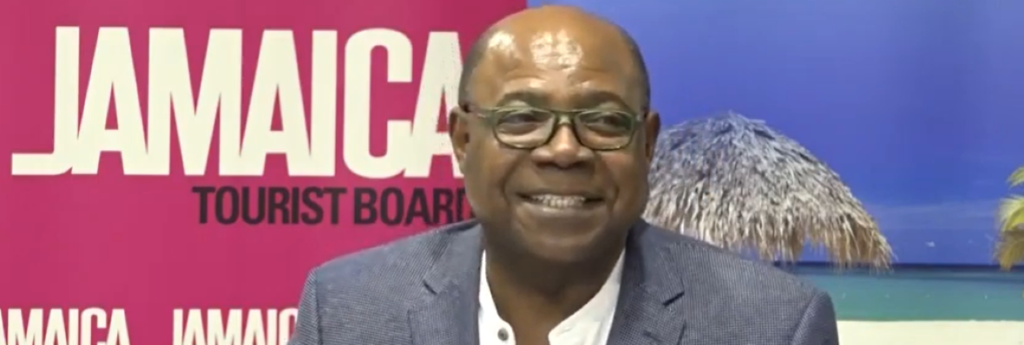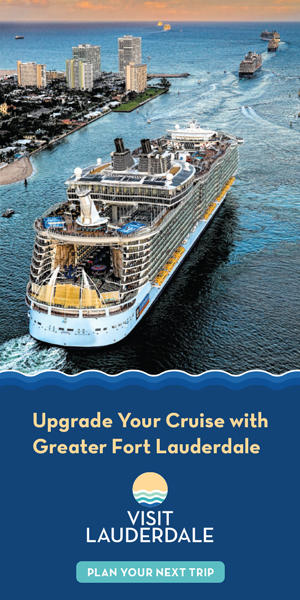Jamaica has unveiled a “history-making” new mandatory traveller protection program that is being called a key cog in restoring consumer confidence in international travel and providing a next-step template for how to “co-exist with COVID-19.”
The Jamaica Cares program will require visitors holding international passports to pay a $40 fee to enter the country, but in return receive “end-to-end” travel insurance coverage that also goes well beyond COVID care.
The initiative will be fully launched next week, but key details were revealed to the media by tourism officials and program partners – Global Rescue and the Global Travel and Tourism Resilience Council – via Zoom yesterday.
They include two-part coverage – for “all hazards,” plus specifically for COVID, with both including field rescue, emergency transport and advisory and oversight services, local care, and emergency evacuation and higher level of care if required. Additionally:
• All Hazards: Applies to emergencies “big and small” including natural disasters, terrorism and “other systemic crises.”
• COVID-19: Covers rapid-testing and triage, treatment, and associated care that includes up to US$ 50,000 in medical insurance coverage in Jamaica and up to $100,000 in international health coverage for costs of repatriation care and transport.
The program will be co-ordinated out of a Jamaica Operations Centre (JOC) in Montego Bay, which will be funded by the estimated US$40 fee charged to travellers as part of the country’s Travel Authorization application on visitjamaica.com.
Jamaica tourism minister Edmund Bartlett says the seeds of the public-private partnership program – “the first of its kind anywhere on planet earth” – were actually planted three years ago, but notes that now, as countries cope with the catastrophic collapse of tourism, “with crisis comes innovation and opportunities.”
Bartlett says Jamaica’s proactive plan to “speed up our recovery” of the country’s tourism industry and economic sector is predicated on the trepidation of “Generation C” travellers, who are demanding “much more” when it comes to safety and security in destinations.
“Destination assurance is becoming a critical pre-condition for travel today,” he says. “Travellers do what they can to feel safe, and destinations must make meaningful contributions towards that end.”
Moreover, he adds, “Trust has to be earned, and we can only do that with action” – such as the new protection program in conjunction with other measures like the implementation of Jamaica’s tourism corridor.
“Jamaica Cares represents another prong in our tourism resilience,” he continued, stating, “Program protocol will ensure our ability to welcome travellers to Jamaica safely, knowing that in the worst-case scenario, they will be treated to the gold standards of care and service… Jamaica is the first to offer this end-to-end health logistics coverage.”
Bartlett added that he expects the Jamaica initiative to be followed by other countries, prompting United Nations World Tourism Organization (UNTWO) Secretary-General Dr. Taleb Rifai, who joined the call, to state, “This concept must become international.”
World Travel and Tourism Council (WTTC) president and CEO Gloria Guevara observed that with almost 200 million travel jobs expected to be impacted globally by the pandemic by the end of the year, “It’s crucial to restore international travel, so we see (Jamaica Cares) as a very important initiative that will set a good example around the world that hopefully will be replicated by other countries.
“Collaboration is key to accelerate the recovery (from the pandemic) and this is a perfect example of the collaboration we need to restore the confidence of travellers.”
The program also offers an important alternative to travel barriers such as quarantines, which Guevara says have been shown to be an impediment to consumer demand and “need to be removed.”
“That’s why this plan is very important to resume international travel and the announcement today is making history in our minds. We believe that we have to learn to co-exist with this virus. We cannot wait for a vaccine to be ready or be deployed around the world to restore international travel.”



















